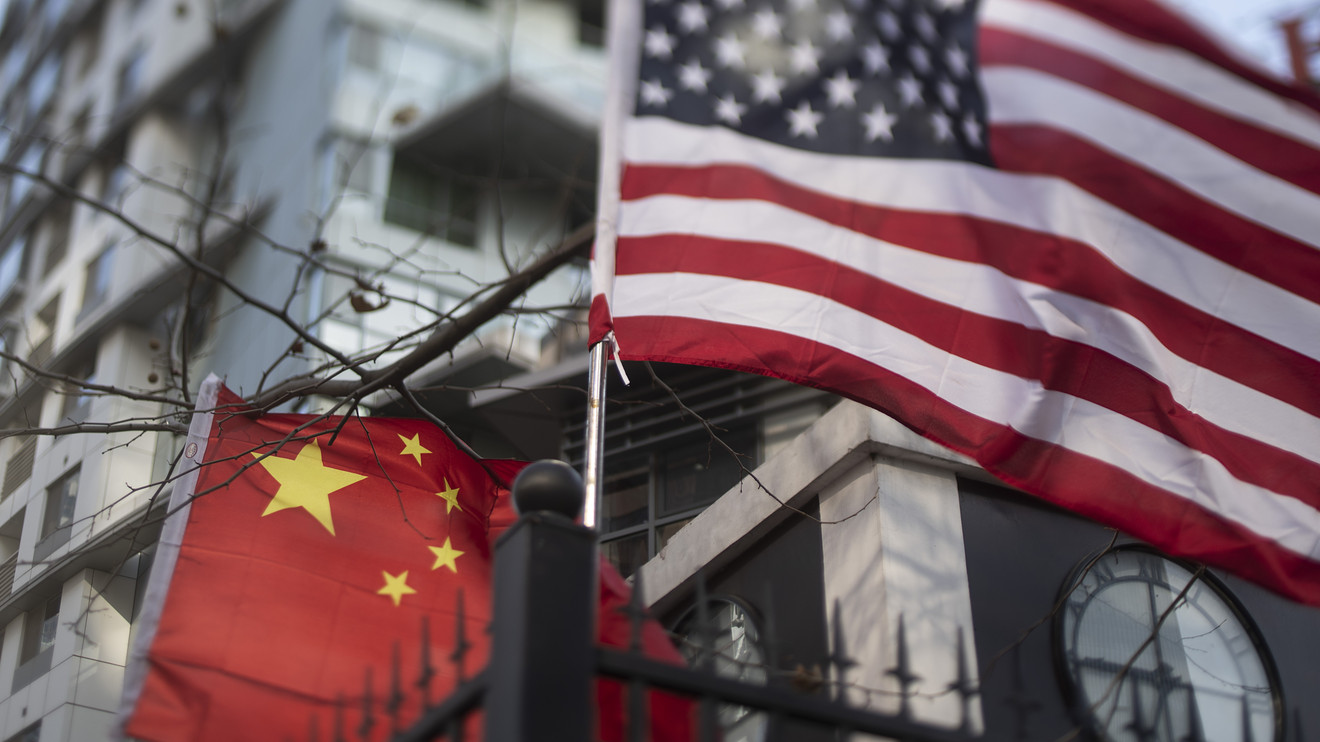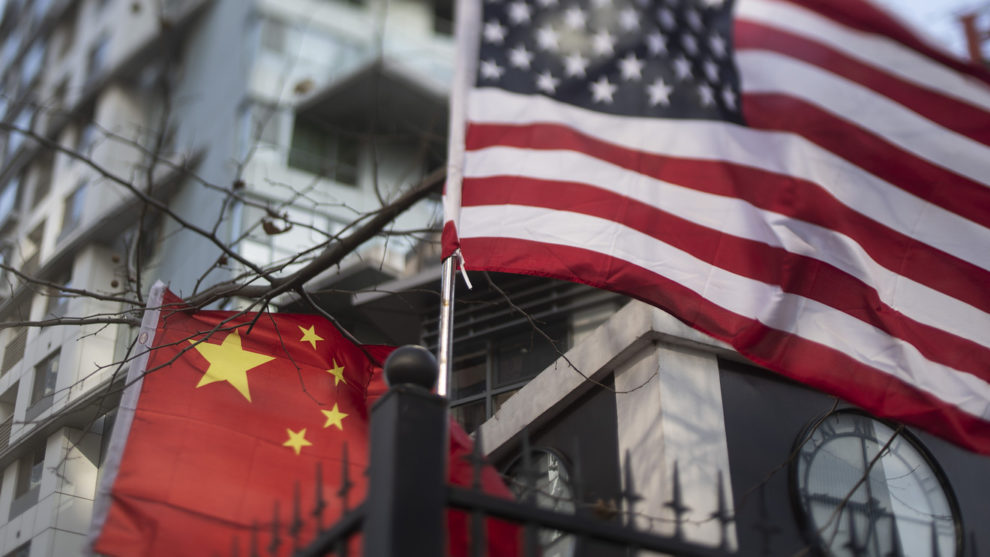
Stock futures climbed Friday, as two major geopolitical uncertainties appeared to lift for investors, with movement on U.S.-China trade progress and a decisive election in the U.K. that may clear a path for Brexit.
How are benchmarks performing?
Dow Jones Industrial Average futures YMZ19, +0.39% climbed 129 points, or 0.5%, to 28,257, while S&P 500 futures ESZ19, +0.34% rose 12.75 points, or 0.4%, to 3,180.75.
On Thursday, the Dow DJIA, +0.79% closed 220.75 points, or 0.8% higher, at 28,132.05, just shy of a new all-time high. The S&P 500 index SPX, +0.86% gained 0.9% to close at 3,168.58, and the Nasdaq Composite Index COMP, +0.73% added 0.7% to 8,717.32, both new records.
For the week, the Dow is set to gain 0.4%, while the S&P and Nasdaq are poised for gains of 0.7% each.
What’s driving the market
Stocks climbed Thursday after President Donald Trump first said on Twitter that the U.S. and China were nearing a “big deal” that could avoid fresh tariffs, planned to go in effect Dec. 15, and potentially roll back some existing duties. The Wall Street Journal later reported a limited trade deal had been agreed, citing sources.
A spokesman for China’s Ministry of Commerce, Gao Feng, told reporters in Beijing on Friday that “the economic and trade teams of both sides have maintained close communication,” but offered no additional details, the Associated Press reported.
On Friday, Hu Xijin, the influential editor in chief of China’s state-controlled Global Times, tweeted that there had been no confirmation of any deal out of Chinese media and the situation remains “delicate.”
Meanwhile, Prime Minister Johnson’s Conservative Party swept to a landslide victory in the U.K. election on Friday, securing a strong majority in Parliament. The convincing win gives him plenty of support to secure a Brexit deal and negotiate Britain’s exit from the European Union next year.
Brexit questions have been cited as one lingering headwind for global investors. Trump congratulated Johnson on his election victory early Friday via Twitter, and said Britain and the U.S. were now free to strike a “massive new trade deal” after Brexit.





